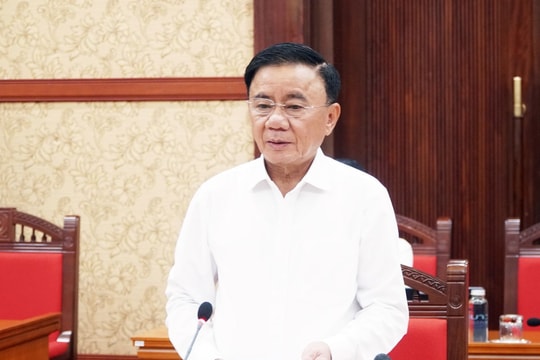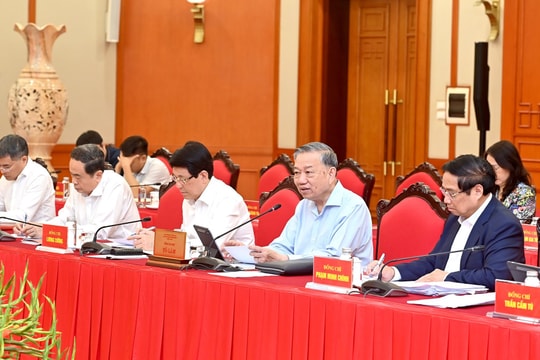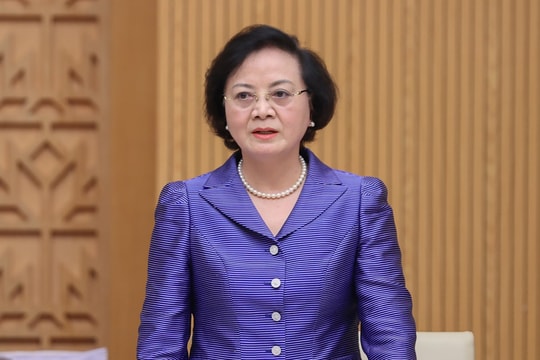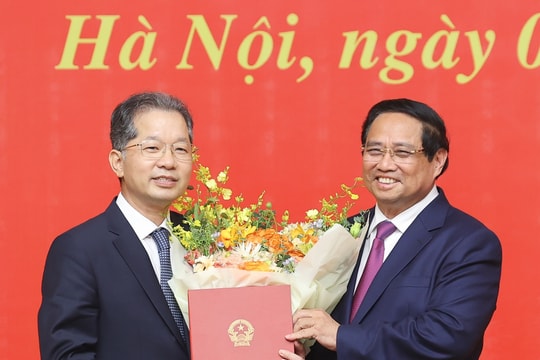When football influences politics
(Baonghean) - If football and baseball can warm up diplomatic relations between many countries in the world, then there is no reason why this "king of sports" cannot "pour cold water" on these relationships.
Russia and France are a concrete example of diplomatic tensions over football. The actions of Russian football fans cheering for the team competing in Euro 2016 are affecting the Russia-France relationship, which was showing signs of warming.
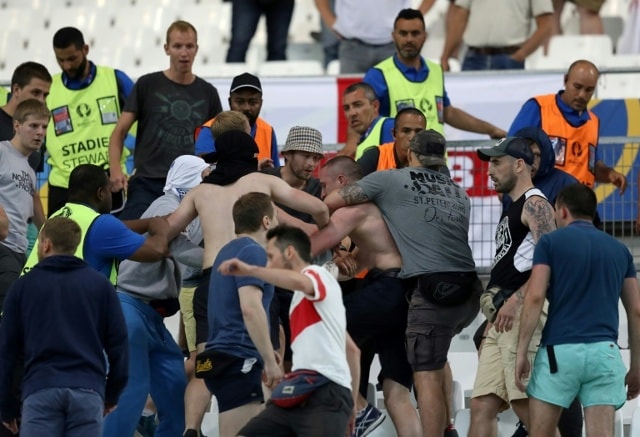 |
| UEFA warns it will expel some Russian fans for violent behavior. Photo: Internet. |
Perhaps “Russian fans” are the most frequently mentioned words in French newspapers during the Euro event taking place in this European country. Notably, incidents related to fans are also associated with the names of the leaders of the two countries Russia and France when both sides had to make “tense” statements related to the “collisions” between their fans.
The incident began during the opening days of the Euro. On June 10 and 11, just as the Euro was about to begin, French police arrested 43 Russian fans on charges of causing violence in Marseille, during the England-Russia match in the city. Eleven have since been released, but 32 others are still being held at the Marseille police station.
In Lille, four Russian fans were arrested but later released after being found guilty of drink-driving and causing harm, and clashed with England fans in Lille city centre shortly afterwards.
Or most recently, on June 18, Mr. Alexander Shprygi - head of the Russian Football Fans Association, along with 19 other Russian fans were deported back to their country by France. Not to mention that hundreds of armed French police stopped a bus carrying more than 50 Russian fans in Cannes on suspicion that there were hooligans among them.
However, while France argued that this action was “to ensure security” for the Euro and denounced Russian fans as “professionally trained and extremely violent people” who came to France with the sole purpose of causing trouble, Russia, on the contrary, considered this action “unacceptable”.
Russian Foreign Minister Sergei Lavrov acknowledged the extreme actions of some Russian football fans in France, but he also said that “it is impossible to turn a blind eye” when fans from other countries try to create provocative actions at the Russian fan gate. He also said that it is unacceptable to trample on the Russian flag as well as to make provocative and insulting remarks about Russian leaders.
The head of Russia, President Putin, also warned that the anti-Russian wave in France would negatively affect the relationship between the two countries. This tension also forced Russia to summon the French Ambassador in Moscow to hear a detailed explanation of these actions.
With the firm and straightforward statement from the Russian Foreign Ministry that "Russia objects to France's application of discriminatory and non-selective measures against Russian citizens when the Marseille Prosecutor's Office decided to detain 43 Russians for 48 hours to conduct an investigation", it can be seen that football is seriously affecting Russia-France diplomatic relations.
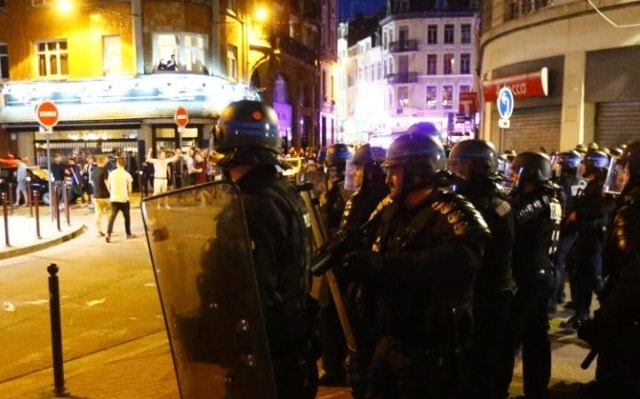 |
| Riot police are present at fan zones. Photo: Internet. |
This was certainly “beyond the expectations” of the leaders of both sides. In fact, recently, there have been many signs that the relationship between Russia and France has had positive changes. During his visit to Russia earlier this year, French Minister of Economy Emmanuel Macron, despite the EU's embargo on the country, affirmed that this visit to Russia was aimed at demonstrating the desire to maintain and strengthen diplomatic relations between the two countries within the current political and diplomatic frameworks. Mr. Macron also did not forget to emphasize the need to further strengthen economic cooperation between Russia and France for the development of the two countries, especially in the current difficult context.
In addition, in April, the French National Assembly also voted to lift the European Union’s economic sanctions against Russia due to its role in the conflict in eastern Ukraine and the annexation of Crimea. These moves were widely seen as “goodwill” steps to improve relations between the two sides.
But it can be said that football is reversing the goodwill of both Russia and France. “Downgrading diplomatic relations” is what Russia has mentioned after the recent conflicts. And of course, if this bad news becomes true, it is clear that the efforts to improve this relationship will be “in vain”. And France, the country that wants to improve this relationship more than ever, will suffer more.
If France is aiming to be “closer” to Russia in the context of the EU’s ongoing tensions with the Moscow government, then it is clear that the current context is not favorable for France. Thus, what France expects in its relationship with Russia such as “improving the economy, or replacing Germany as the most important factor in Europe in terms of foreign affairs and defense… will become more difficult than ever.
It is known that determining right and wrong between Russian and Western fans is very difficult, not to mention the burden and pressure on the French security forces is not small, but if there are no reasonable steps in resolving the tensions from Euro 2016, what Russia and France will lose is very large.
Thanh Hien


